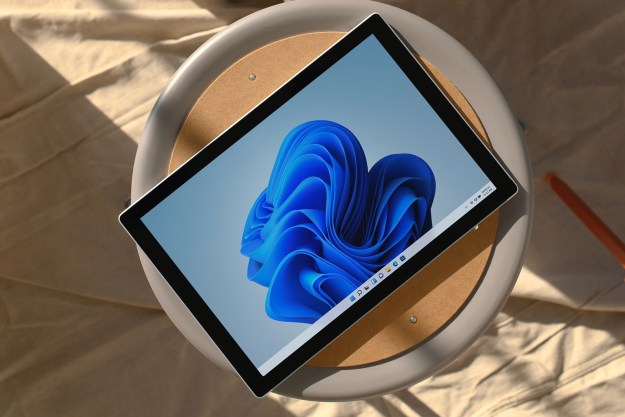
It was 10 years ago today that Microsoft launched its Windows Messenger, the instant messaging application that’s proved incredibly popular over the last decade. Now rebranded as Windows Live Messenger, it boasts 330 million users worldwide.
Unsurprisingly, Microsoft has been pushing the anniversary, saying:
"If Windows Live Messenger was a country, it would be the third largest in the world (behind China and India, and before the US) and almost 10 times the size of Canada."
In the early days, however, it wasn’t anything so grand. Users could only send short messages, the contact lists were very limited, and there was access to AIM users – by far the dominant chat of the time.
But it wasn’t long before AOL blocked Microsoft users, remembers V3, and it was after that the service really took off. Now it’s as much a business tool as one for person communication.
Editors' Recommendations
- The latest Windows update is breaking VPN connections
- Best 2-in-1 laptop deals: Turn your laptop into a tablet for $349
- How to check how much RAM you have on Windows and Mac
- How to create a bibliography in Word on Windows and Mac
- Windows 11 might nag you about AI requirements soon



